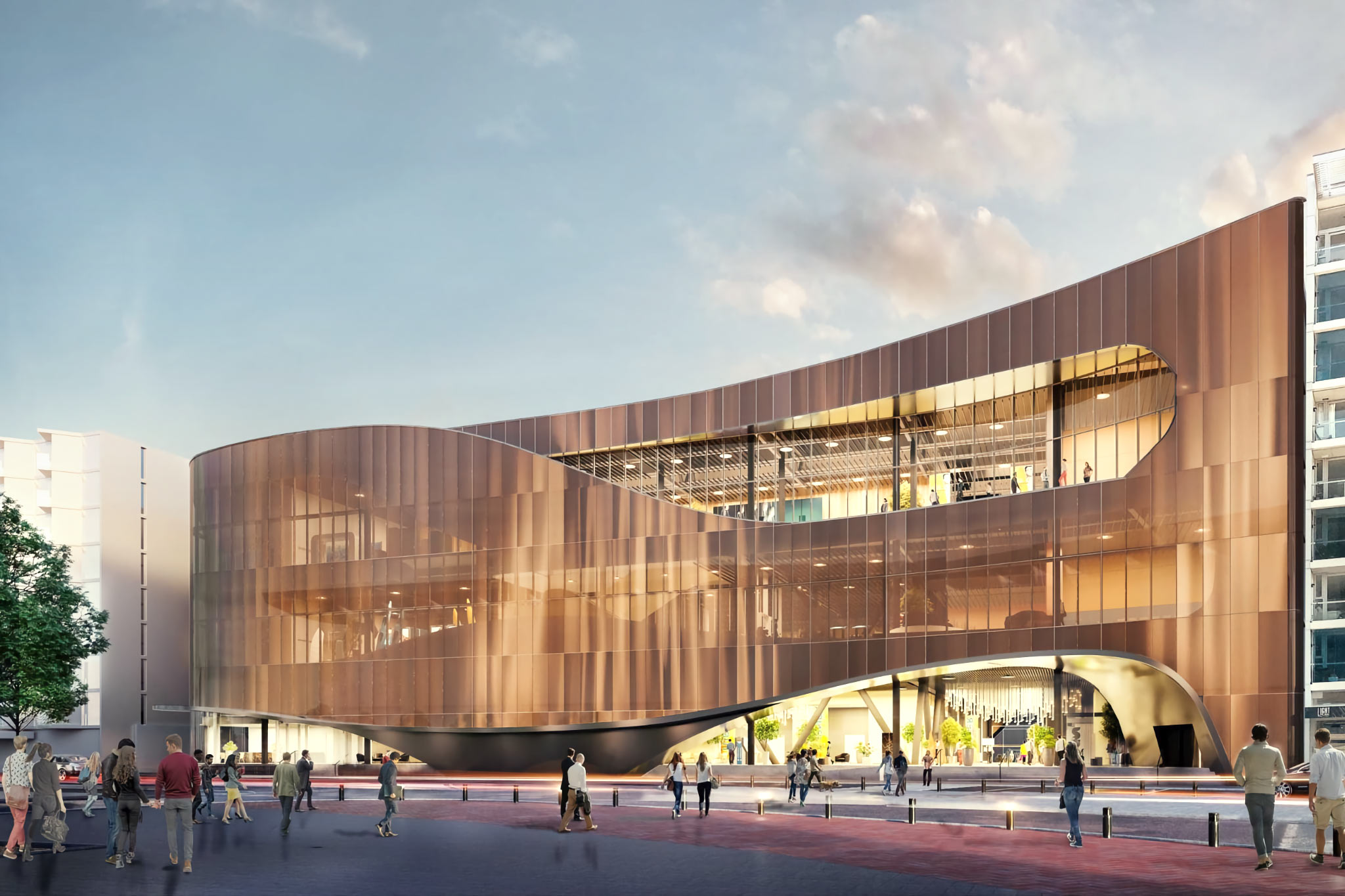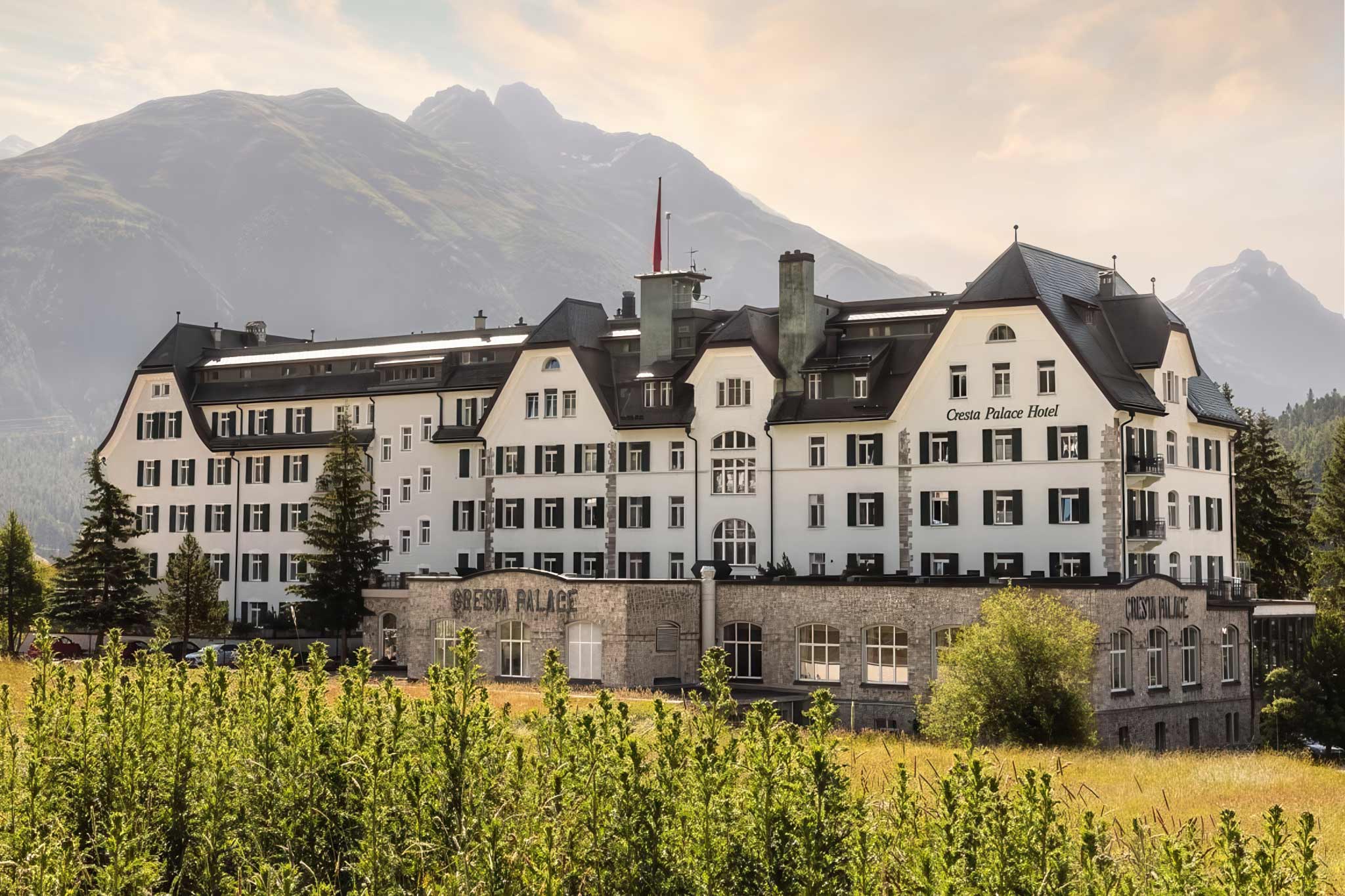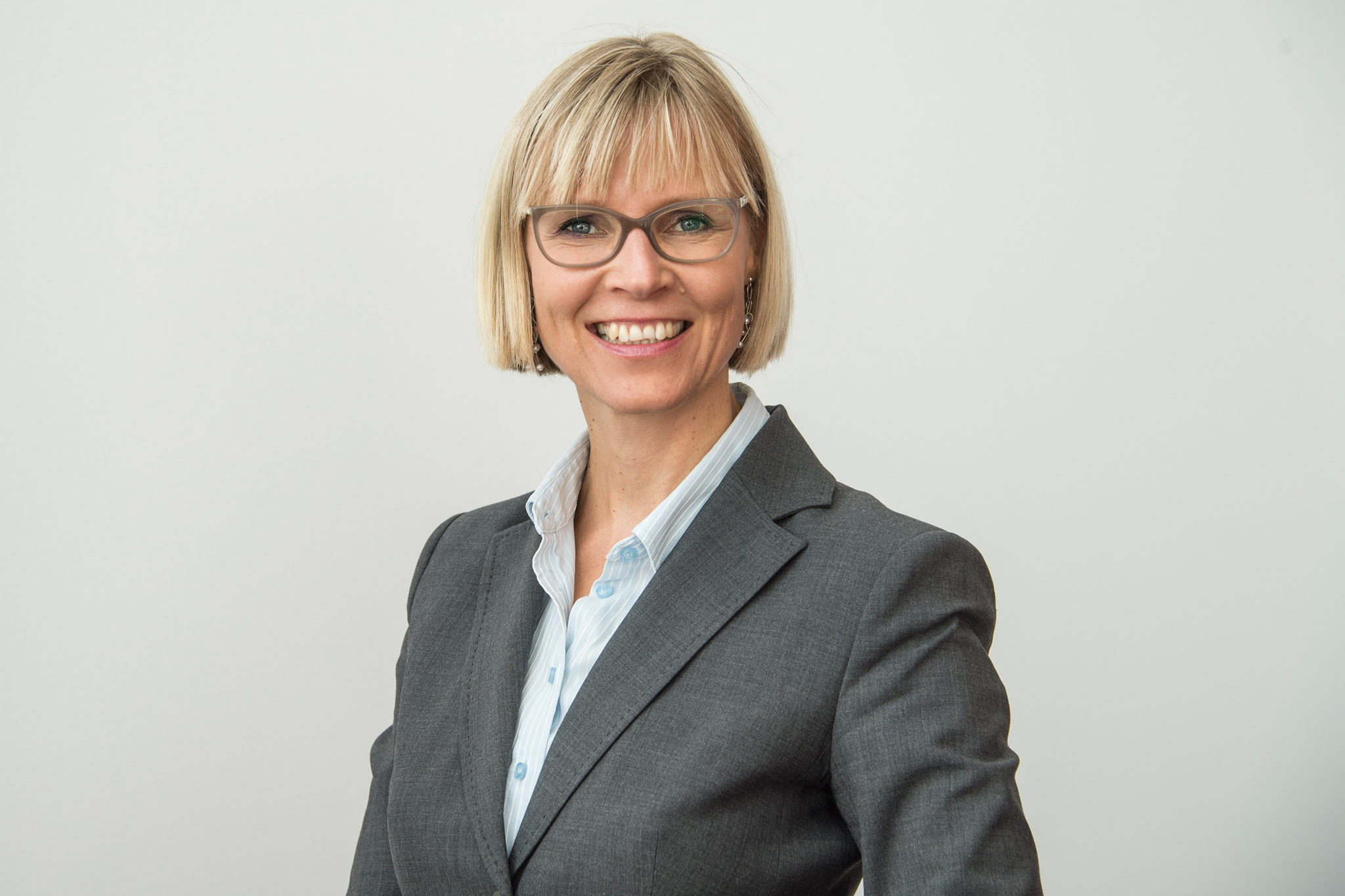New Zealand has built upon its earth science strengths to win the 22nd International Sedimentological Congress (ISC) in 2026. The ISC is one of the largest international conferences dedicated to the study of sedimentary rocks and the processes by which they are formed. The ISC is rarely held in the Southern Hemisphere but in 2026 it will be hosted by Geoscience Society of New Zealand’s Sedimentology Special Interest Group (SSIG).
The congress is expected to attract up to 1,000 participants to Tākina, Wellington Convention and Exhibition Centre and deliver an estimated $3.4 million to the economy.
Lead organiser and Senior Geologist at GNS Science, Dr. Mark Lawrence, says: “This congress will be an excellent opportunity to showcase New Zealand sedimentology and for networking with international sedimentologists.”
Tourism New Zealand works with experts across the country and the business events industry to support New Zealand to bid for and win international conferences. Tourism New Zealand General Manager Domestic & Business Events Bjoern Spreitzer says: “Conferences like this showcase our expertise to the world and help grow our knowledge at home. They also deliver significant economic gains that benefit the New Zealand economy.”
The conference win is testament to both New Zealand’s strengths in earth science and its ability to provide fascinating first-hand experiences in the field, Dr. Mark Lawrence adds. “Geologically New Zealand is very interesting. It has a whole range of geological attributes concentrated in a relatively small geographic area. Then you have the impact of tectonics, and climate change. It’s essentially a neat, small-scale laboratory,” he says.
The theme for the congress will be ‘Sedimentation on active plate margins through time and space’ and will include field trips across the country covering as broad a range of sedimentary systems in Zealandia as possible. Topics relating to Māori and Pacifica views of the sedimentary process will also be included.
Dr. Mark Lawrence says the congress is an excellent opportunity to engage the next generation of sedimentologists, who will be able to attend with fewer costs since the event is close to home. “It will be particularly good for students who may otherwise be unlikely to attend such a prestigious event overseas. For those starting out in the field it’s a great opportunity to make these international contacts.”
Plans are also underway to ensure the conference has wider outreach to New Zealanders, through public lectures or learning experiences for school age children. Wellington will be the host city, providing both a core of knowledge in earth science via Victoria University and geological affiliated research institutes GNS Science and NIWA, and a brand-new conference venue.
WellingtonNZ General Manager David Perks says the capital’s central location makes it the perfect location for this congress.
“Being so central to the rest of New Zealand means all the site visits to be undertaken by delegates are very accessible. And while here they’ll be able to enjoy our great eateries and bars and all Wellington has to offer, learning more about the history of New Zealand right across the road at Te Papa – New Zealand’s national museum, and getting closer to nature at Zealandia.
“While the congress doesn’t happen until 2026, it’s great to see that Tākina is already front of mind for international organisations. It was specifically designed to host international conferences of this size.”



